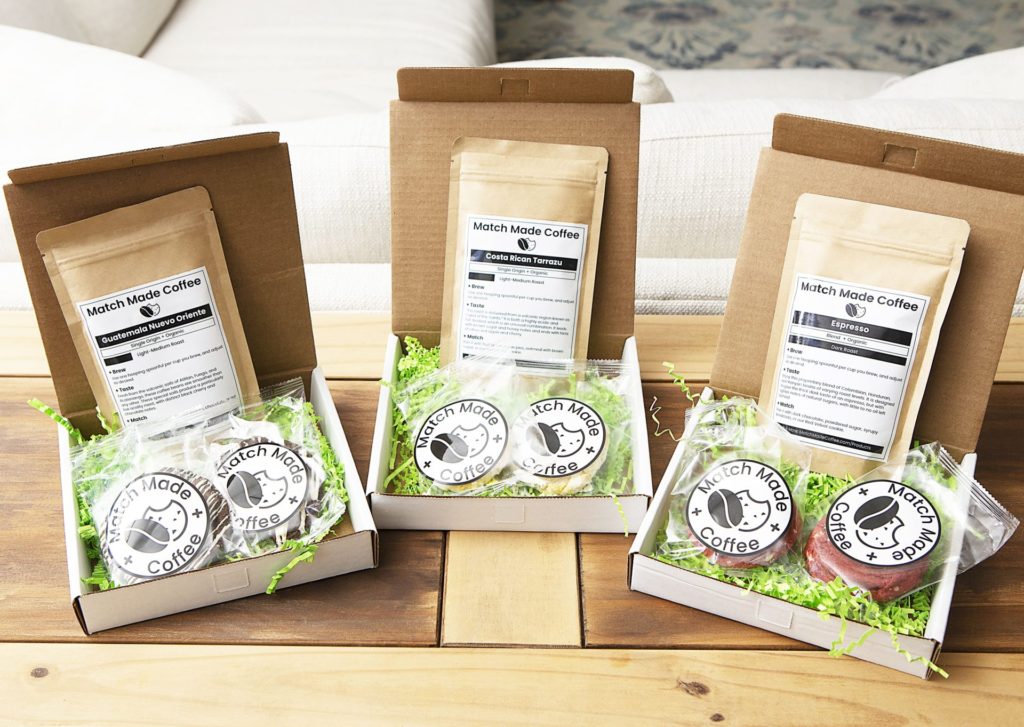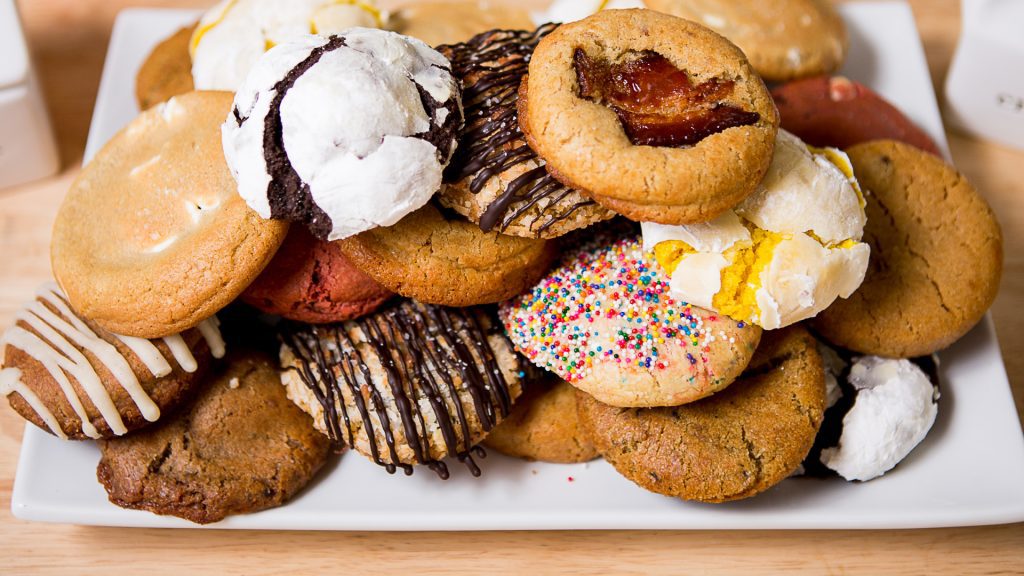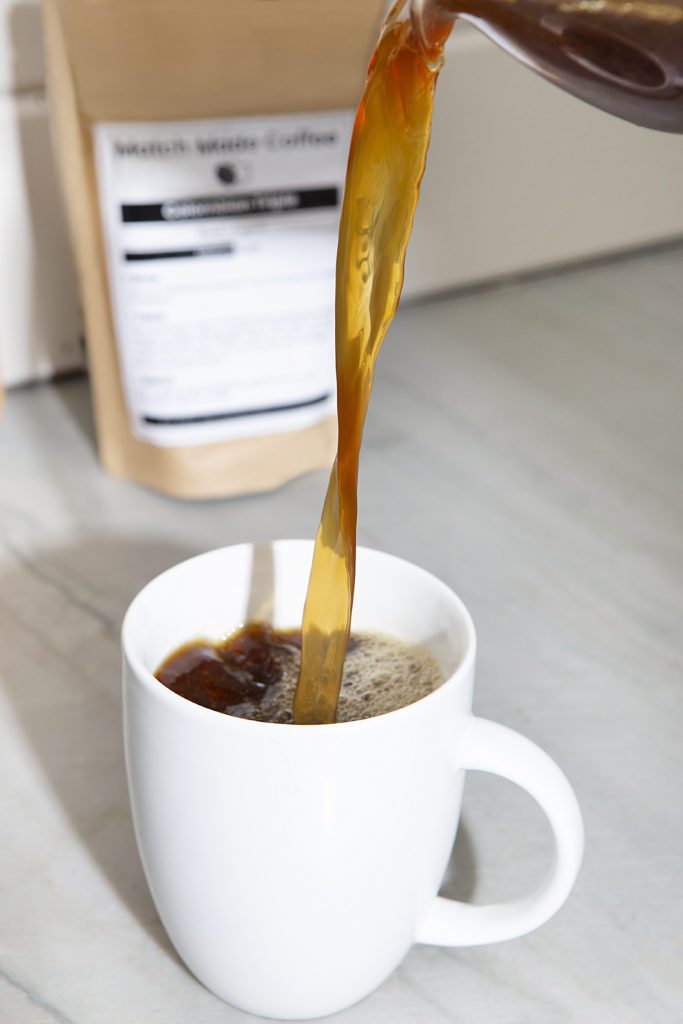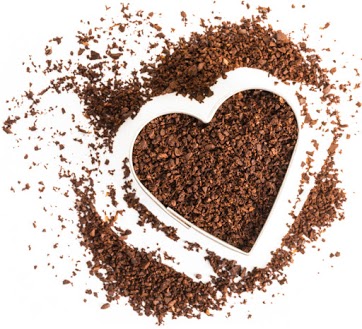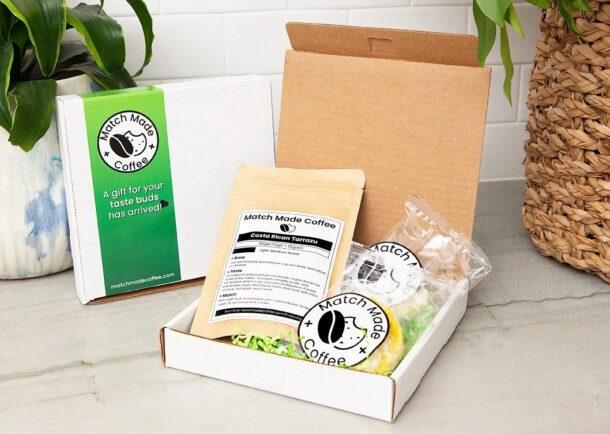Kenyan coffee comes with an interesting story behind it, and an interesting process to receive it these days. Kenya is believe by some to be one of the first African countries outside of the Ethiopian and Sudanese areas to take on growing coffee. Today we will talk about that great heritage, and specifically dive into Kenya Boma AA Coffee that is part of our offering.
The word Boma actually comes from the Swahili word for “homestead.” You might think this means it is a cozy, popular drink for the home. However, it is a reference to the Boma Plateau in South Sudan. That plateau was one of the first areas outside of Ethiopia to have coffee.
The popularity of the coffee drink and its plant was then transplanted from Sudan to Kenya. There, this particular genetic strain of coffee plant began to thrive. The timeline for this transition is unclear. Estimates vary from being introduced immediately after Sudan, to being introduced by the French in the late 1800’s. Kenya Boma coffees are grown in a handful of areas, but our coffee comes from the Nakuru region of central Kenya.
Kenyan Coffee Grading
The AA attached to the name of the Kenya Boma refers to a coffee grade given to Kenyan coffees. After the coffee is milled in Kenya, it is then measured. The size of the Kenyan coffee bean is generally used as the biggest single indicator of quality, although there are others. The AA grade is associated with the biggest and highest quality coffee bean.
The Kenyan coffee grading system isn’t intuitive to Westerners, but in order from highest grade to lowest grade: AA, AB, C, PB, T, TT, UG1, UG2, UG3.
All coffee is sold at an auction, and AA quality beans can fetch a price anywhere from 15% to 250% higher than the other grades.
The Kenyan Collective
This leads us into Kenya’s somewhat different way of working in the coffee business. Kenya works entirely on a cooperative system when it comes to coffee. Small-scale holders produce almost the entirety of Kenya’s coffee output. There are an estimated 150,000 Kenyan coffee farmers within this cooperative system. 70% of those Kenyan coffee farmers are considered small in scale.
The coffee production, processing, milling, marketing, and auction system is all part of the Kenyan cooperative system. Some estimate that as many as 6 million Kenyans are either employed directly or indirectly in the coffee industry as a result.
Kenya Boma AA Coffee Flavors
When it comes to the flavor of the Kenya Boma AA Coffee, it is a milder flavor. Many say it is very reminiscent of a mild Colombian coffee. It comes with a very flowery, fragrant, and velvety smell and taste. Notes of black currant, tamarind, and red clover honey can be picked up ever so lightly. When paired with our rosemary cookie, the complex subtleties of each become apparent.
Let us know if you have any questions about this fantastic Kenya Boma AA coffee or the rosemary cookie. The best way is to either leave a comment here, or message us on Instagram or Facebook. And, of course, if this sounds delicious, please do subscribe to our monthly boxes. We put a lot of work into them and know that you would enjoy them. Or if you give them as a gift that they will be well received.
Sources: Kenyan coffee production, Boma translation, Boma cultivation, Kenya Boma AA coffee overview.


